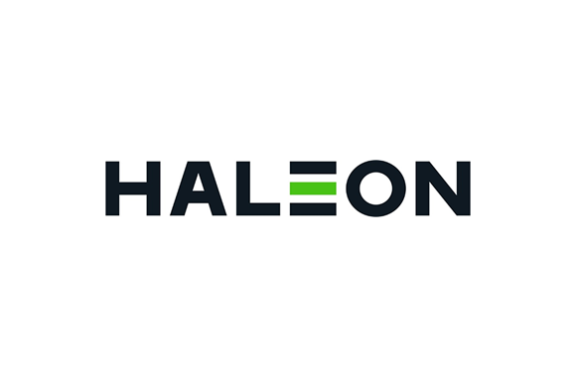Educational Module for Other Healthcare Professionals
Most oral diseases are preventable by simple evidence-based interventions and can be treated in their early stages. Moreover, engaging different Health Care Providers (HCPs) to promote oral health will significantly expand access to oral health care, particularly in marginalized and underserved populations.
In various healthcare settings, non-dental professionals often encounter oral health issues for which, in most cases, they lack training. In other instances, orienting non-dental HCPs to oral health promotes effective interprofessional collaboration and a common risk factor approach in addressing the health and well-being of patients.
Recent global initiatives underscore that addressing noncommunicable diseases (NCDs) present ideal opportunities to promote oral health based on the common risk approach. As of 2020, over 68% of the World Health Organization (WHO) Member States report to have less than 5 dentists per 10 000 population.1 It is clear now that the prevention and control of oral diseases is beyond the capacities of the existing health systems. One solution is to enhance the capacity of non-dental HCPs to allow them to expand access for oral health to achieve the goal of affordable and accessible health care for all.
1. Health workforce: Dentistry personnel, World Health Organization. Available at: https://www.who.int/data/gho/data/indicators/indicator-details/GHO/dentists-(number) (Accessed: 18 August 2023).

Goal 1
Produce educational materials for non-dental HCPs that provide basic oral health knowledge and oral health care skills to enable them to include essential oral healthcare services in their routine work.
Goal 2
Review the anatomy and the physiology of the oral cavity and related structures.
Goal 3
Get an overview about different oral health conditions by identifying common signs and symptoms, management of the disease by stabilization or referral and preventive options.
Working in collaboration
1. Basics in oral health knowledge and oral hygiene recommendations
2. The relationship between oral health and systemic health
3. Periodontal disease and other common oral health conditions
4. Child oral care
5. Tobacco and oral health
Fact Sheets for Other Healthcare Professionals
The Educational Module for Other Healthcare Professionals project is supported by :















